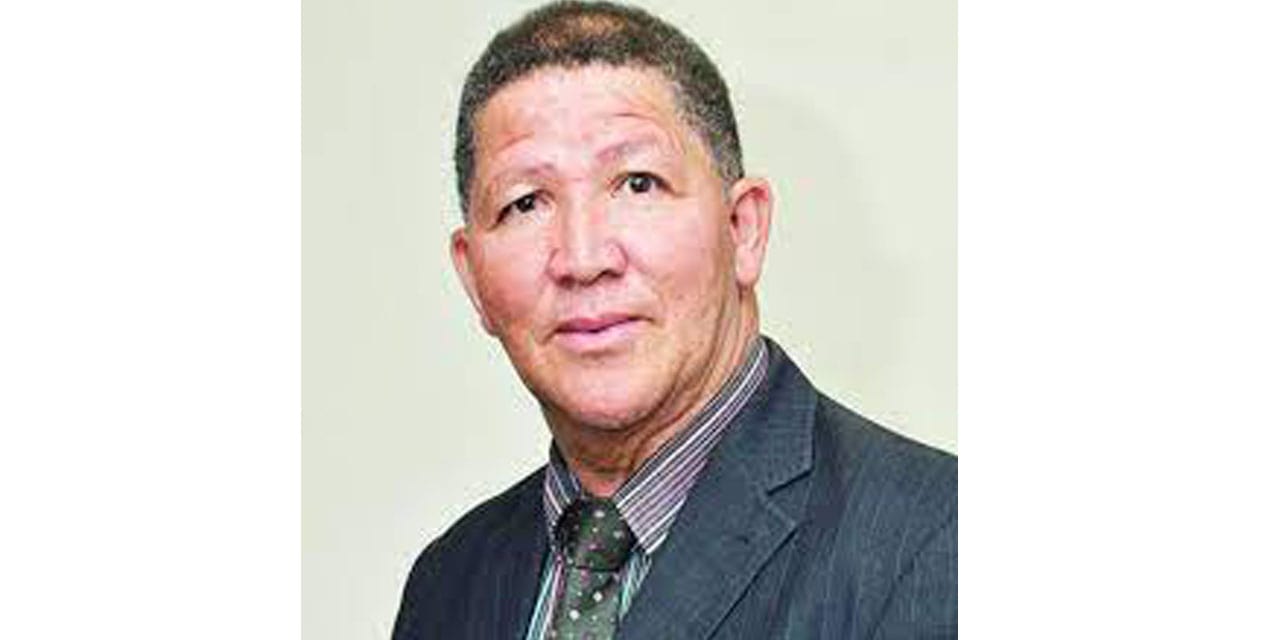Martin Endjala
The Ministry of Higher Education, Training and Innovation officials have revealed that due to the gap between legislative bodies of higher education that regulate institutions, it is proving to be a challenge to address forgery and falsification of qualifications.
The Namibia Training Authority (NTA), Namibia Council of Higher Education (NCHE) and the Namibia Qualifications (NQA) Authority are the regulating bodies of higher education institutions country.
The Executive Director of MHETI Alfred Van Kent said that one of the Ministry’s challenges is the executing laws that are put in place that regulate higher education institutions.
The MHETI ED said this during a public hearing with the Parliamentary Standing Committee on Human Resources and Community Development, with the ministry on a motion of fake qualifications in the Public Sector that was tabled by the leader of Rally for Democracy and Progress (RDP) Mike Kavekotora in 2021.
Van Kent said that the establishment of the higher education bodies was to make provision for regulating and maintaining institutions of higher learning. However, the concerns surrounding forgery of qualifications, which is supposed to be managed by these bodies, seem to be a challenge as perpetrators often slide through the system undetected.
The ministry, he said, does not tolerate any falsification of qualifications, and have involved law enforcement when detecting such practices.
“However, it is hard to detect these activities given our forensic and technological inability to detect such events due to lack of funds”, Van Kent said, further calling on mechanisms to be put in place in order to stop forgery in the country.
He said that money needs to be injected into technology and forensics to enable the ministry to detect forgery.
Member of the standing committee Elma Dienda, also raised concerns about some institutions entry requirements to be too high which encourages many students to opt for institutions that are not accredited by NQA.
Another member, Maximilliant Katjimune is concerned about accredited institutions offering non-accredited courses.
Van Kent informed the committee that consultations with NQA has begun among other stakeholders to counter forgery as well as accreditation issues. He said that employers should also assist to fighting falsified qualifications, by double checking with NTA, NQA of individual’s qualifications before giving them a job, as a means of countering fake qualifications.
The ministry has so far recorded 183 cases forged qualifications but could not provide data of which are the most prominent ones nor of those that have been solved thus far.
It is for this reason that the MHETI is of the view that certain laws of the higher education regulating bodies need to be amended in order to serve its purpose, while encouraging all Namibians to familiarize themselves with NQA and NTA in making sure that institutions that they wish to register with are indeed accredited.
NQA, Public service Commission (PSC) and the Namibian Police Force (NMAOL) have already been engaged by the committee, which will now compile a report and refer it to the National Assembly for further debate.




